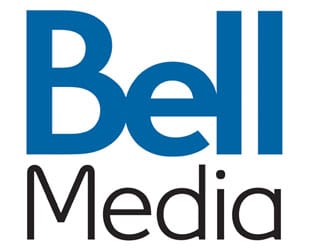AT&T, the company behind not only the U-Verse MVPD option but also DBS player DirecTV, has experienced two challenging quarters on Wall Street. Its stock hasn’t closed above $40 since mid-April, and has been dancing between $35.60 and $39.17 ever since.
Thanks to a revelation regarding its churn rate for video subscribers delivered Thursday, “T” could be heading toward another valley as investors fret over what appears to be not only cord-cutting concerns for AT&T, but all in the MVPD space.
According to AT&T, it anticipates a loss of 390,000 traditional video subscribers, versus a gain of 300,000 “over-the-top” subscribers that are selecting its DirecTV NOW service.
AT&T revealed all via an 8-K filing with the SEC. In it, the company says, “The video net losses were driven by heightened competition in traditional pay TV markets and over-the-top services, hurricanes and our stricter credit standards.”
Craig Moffett, a partner and Senior Analyst at Wall Street financial house MoffettNathanson, pointed to AT&T’s weak traditional video sub rolls as a sign that DBS providers are particularly threatened by cord-cutting.
This puts DirecTV in a delicate position, given the growth of its DirecTV NOW offshoot.
Moffett turns to Comcast for comparative assessment of the cord-cutting challenges facing MVPDs. As Comcast said in its own video subscriber numbers that subscriber churn it experienced wasn’t tied to greater competition from AT&T, DirecTV is primarily impacted from an acceleration in cord-cutting, and the prevalence of OTT.
“It is reasonable to expect a weak quarter for the whole Pay TV industry,” Moffett warns.
Wait … it gets worse.
“[It] is becoming increasingly clear that the wheels are falling off of satellite TV,” Moffett adds. “We would expect Dish Network’s satellite result to be similarly weak as well.”
But, wait: There’s more. Moffett sees DBS’s future never mirroring that of satellite radio.
“The weakness at DirecTV makes an AT&T acquisition of DISH Network all but unthinkable,” Moffett says. “Sure, the weaker the numbers get, the easier it would likely be to gain regulatory approval. But it is certainly also the case that the weaker the numbers get, the less AT&T would want more of the same.”
AT&T shares finished Thursday’s trading down 6.18%, to $35.83.
RBR+TVBR





